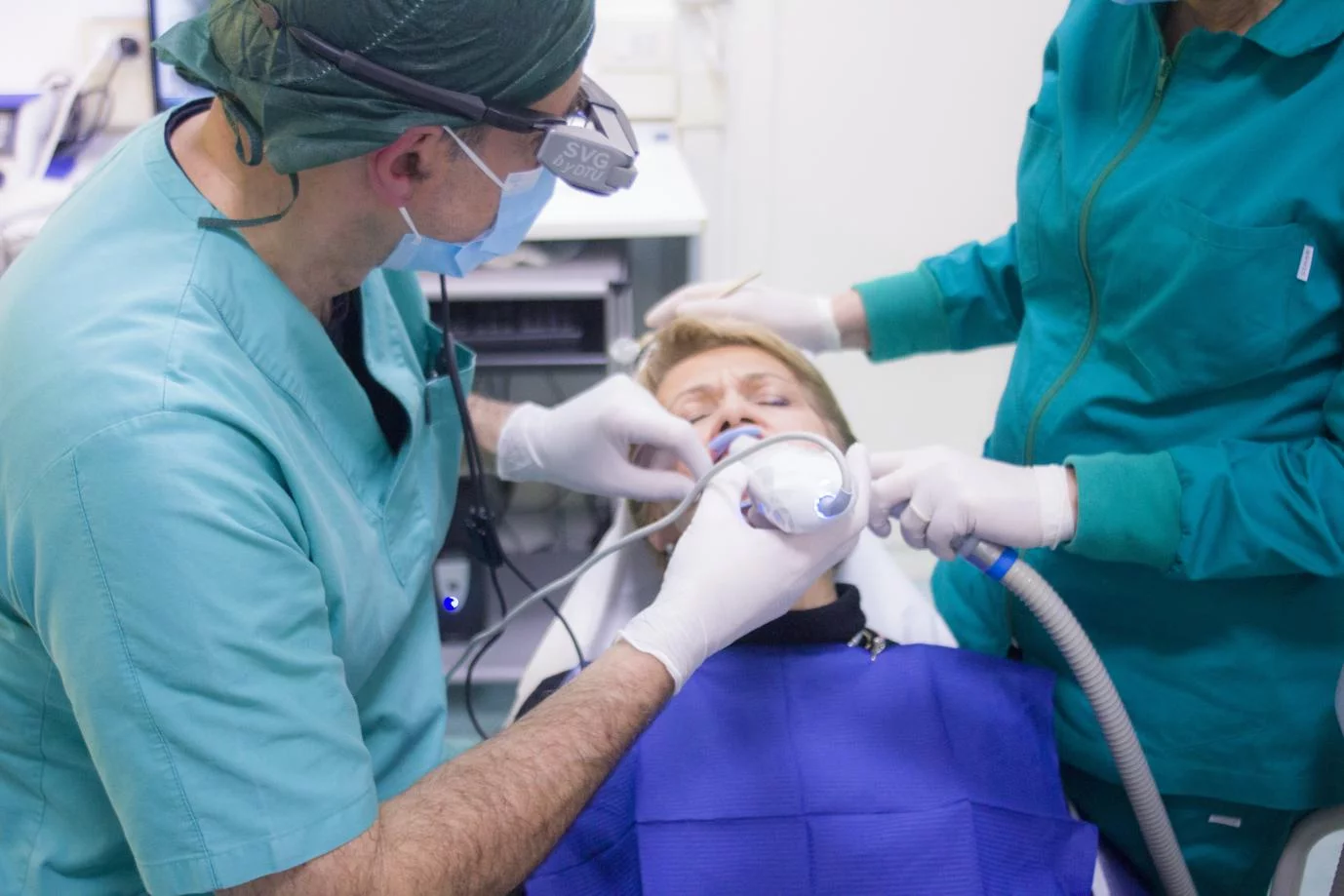Pregnant women frequently develop cravings during gestation. In the past, this was thought to indicate their body needed more nutrients.
Dieting while pregnant can be harmful and deprive your unborn baby of essential vitamins and nutrients. A nutritious pregnancy diet should include whole grains, low mercury fish twice or three times weekly and plenty of water.
Protein
Although “eating for two” may not exactly apply during pregnancy, your nutritional requirements do increase significantly – particularly regarding protein.
Protein provides amino acids to your cells and the developing fetus’, while iron helps deliver oxygen directly.
Ideal sources of protein should include lean meats (such as chicken breast), fish, tofu and other soy products, beans/lentils/eggs/nuts. Be wary of foods high in salt or sugar as these can increase water retention and raise your blood pressure.
If you are concerned that you are not meeting all your protein requirements through an adequate diet, speak to one of the prenatal nutritionists at OSF HealthCare Zaya Care who can evaluate and fill any gaps in your eating pattern.
Vegetables
A healthy, balanced diet including fruits, vegetables, lean protein foods and whole grains provides you and your baby with essential nutrition. Be sure to include calcium rich foods like low-fat yogurt and milk, leafy green vegetables such as kale as well as iron-rich sources like meat, fish, beans and peas in this mix.
Avoid raw sprouts (like alfalfa, clover or radish ) as they could contain harmful germs that could harm both you and your baby. Also choose carefully when selecting deli meats such as ham or salami which may contain listeria contamination.
Strive to consume at least 2 cups of vegetables daily and 1.5 cups of fruit. Also be sure to consume plenty of fluids – particularly water – in order to keep blood, urine and saliva clean, preventing constipation and hemorrhoids.
Dairy
Pregnancy requires a diet rich in vegetables, fruits, lean proteins, and whole grains that promotes overall wellbeing for mother and baby alike. Avoid restrictive dieting and crash dieting to maintain optimal health during gestation.
Milk and dairy are excellent dietary sources of calcium, phosphorus, protein and vitamins A, D and B12. Enjoy semi-skimmed or 1 percent fat milk, low-fat yoghurt or hard cheese as excellent sources.
Try to consume at least two to three servings of low-fat dairy every day.
Carbohydrates
Pregnancy increases calorie needs; however, you do not need to eat for two. Instead, select nutritious food from all five food groups each day in order to provide your baby with essential vitamins and minerals.
Carbs should make up 45 to 65% of your daily caloric intake to support both you and your baby’s development and growth.
Folate (folic acid) can help prevent birth defects known as neural tube defects, through eating foods enriched or fortified breads and cereals, leafy vegetables and citrus fruits containing this mineral.
Fat
Reaping some benefits of pregnancy weight gain is both healthy and normal; however, too much may increase your risk of obesity or other medical issues. Steady weight gain is best and the Scottish Government offers support with food basics costs.
Consuming a diet rich in fruits and vegetables as well as protein-rich foods such as meat, dairy products, fish eggs and tofu is important during gestation. Furthermore, it would be prudent to limit sugary drinks and salty snacks.
Remember that eating raw or undercooked meat may expose you to toxoplasmosis, which could result in miscarriage and/or serious brain damage in your baby. If this concerns you, seek professional guidance from a prenatal nutritionist for safe advice tailored specifically to your symptoms and needs.







 The Essential Guide to Digestive Enzymes Australia: Boost Your Gut Health
The Essential Guide to Digestive Enzymes Australia: Boost Your Gut Health  Latest Breakthroughs in Acne Treatment
Latest Breakthroughs in Acne Treatment  The Rise of Virtual Fitness Classes
The Rise of Virtual Fitness Classes  Fun and Creative Ways to Stay Active Indoors
Fun and Creative Ways to Stay Active Indoors  Linking Oral Health to Overall Wellbeing
Linking Oral Health to Overall Wellbeing  Can You Exercise While Pregnant?
Can You Exercise While Pregnant?  Is Skin Cancer Curable?
Is Skin Cancer Curable?  How Much Is Dental Bonding?
How Much Is Dental Bonding?  The Rise of Telemedicine and Its Impact on Healthcare
The Rise of Telemedicine and Its Impact on Healthcare 